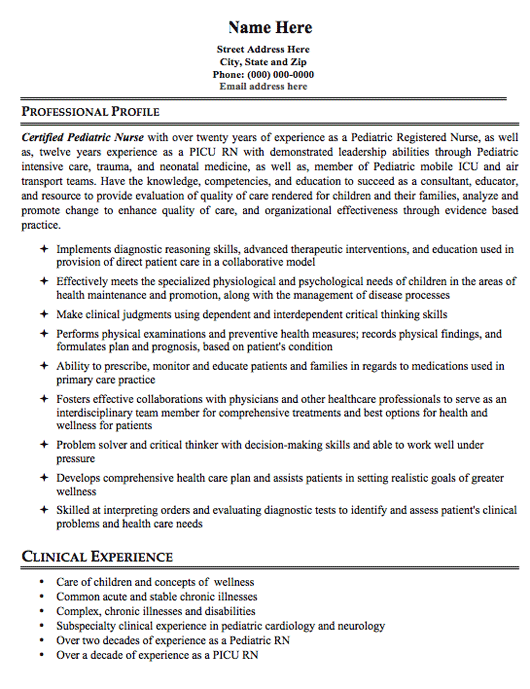Related conditions - National Autistic Society.
Semantic pragmatic disorder affects the use of language in a social context (knowing what to say and when to say it). There is debate about whether semantic pragmatic disorder is part of the autism spectrum, or an entirely separate condition. At the moment, this isn't clear.How Autism Affects Pragmatic Speech For people with autism, pragmatic speech is almost always a challenge at some level. Obviously, a non-verbal person is struggling with very different challenges than a highly verbal person, but both are likely to need help in understanding facial expressions, non-verbal cues, turn taking, and so forth.Epilepsy. Epilepsy is a condition in which a person has a tendency to have seizures that start in the brain. Many types of seizure can occur and epilepsy can affect anyone at any age. About one in every 100 people has epilepsy. Autistic people are at heightened risk, with between 20% and 40% having epilepsy.
The bubbles are a little difficult to interpret in that chart, but basically Semantic-Pragmatic disorder would be an inverse symptom pattern to Asperger's. Good social skills, but serious language deficits. The term is debatable. Some say it's separate, others say it's just another term for high functioning autism.Children with autism, Asperger’s syndrome, or PDD (Pervasive Developmental Disorder), etc., have difficulty expressing themselves, especially in social situations. They may express their thoughts and feelings openly and explicitly with little or no consideration for others in their surroundings.

This study examined scalar implicature to investigate semantic bases of pragmatic language impairment in children with autism spectrum disorders (ASD). Scalar implicatures are inferences made by listeners, whereby they strengthen the weaker meaning of a term that can be represented.












